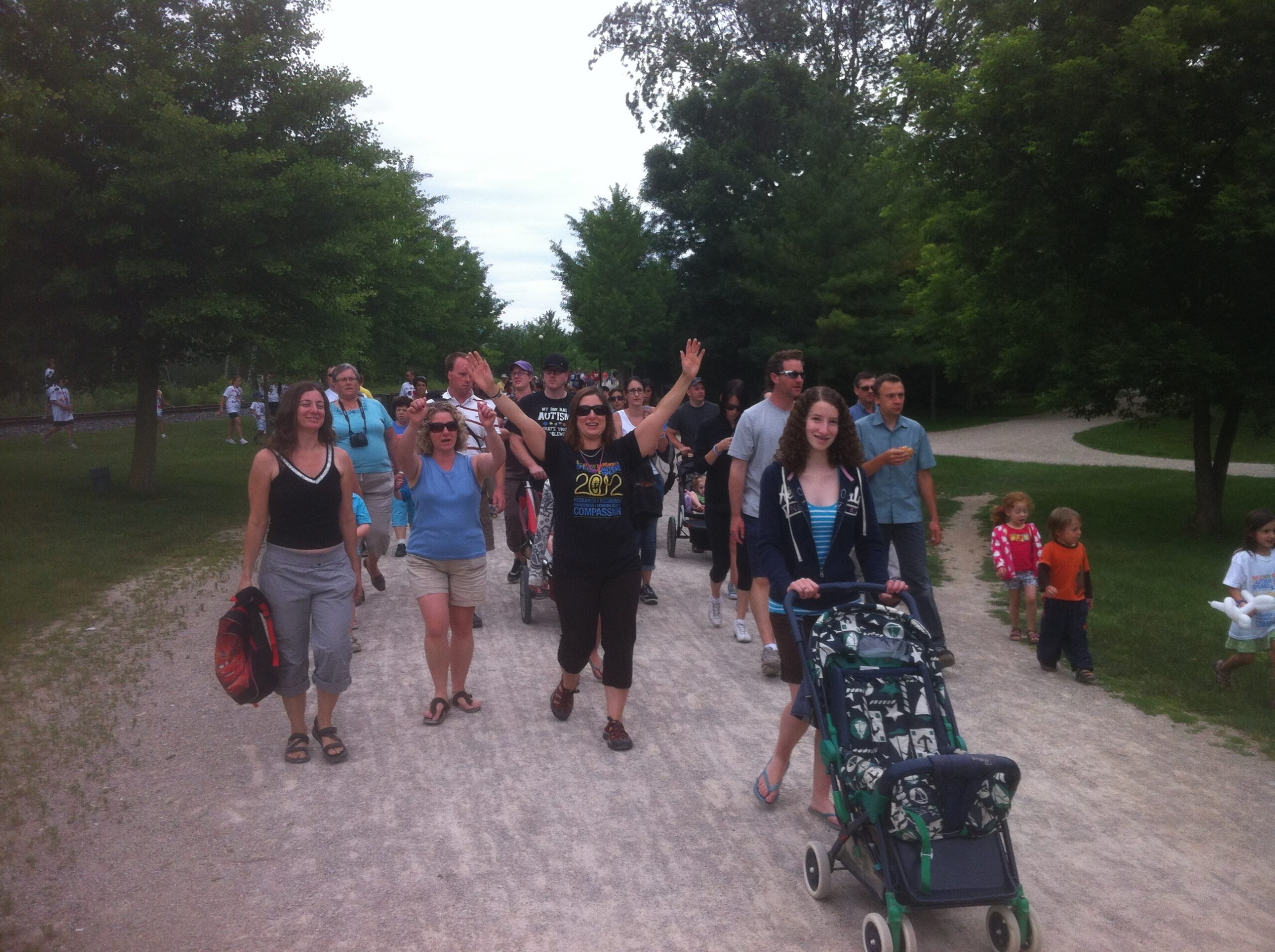
Mark Shiffer
CCE CONTRIBUTOR
Recently, our five-year-old son has been verbally telling us what he wants for breakfast and going to the washroom by himself. This may sound like typical things to do for a child that age, but for my son they are new developments to be celebrated and the result of months of intense therapy.
Before his confirmed diagnoses at age three, following a ton of medical appointments, all I really knew about autism was what I had seen on TV and in movies such as Rain Man. I thought it meant having extraordinary forms of intelligence and a severe lack of social skills. Since then I have learned that while these traits are visible in some people, there is a wide spectrum of symptoms related to autism spectrum disorder (ASD).
There is a saying that if you meet one person with autism, you’ve met one person with autism. This is because no two people with the disorder are alike, although as a group they tend to share certain traits. These include difficulties with social interaction, communication challenges and a tendency to engage in repetitive behaviours. These traits can be mild to severe in nature. Some people have a large vocabulary while others are unable to speak.
There are numerous theories but no one really knows what causes autism. There is also no miracle cure for it. According to the most recent statistics, 1 in 88 children are affected by a form of autism is North America. That ratio has been growing at an alarming rate. Boys are four times more likely than girls to have it. There are many adults who have never been officially diagnosed.
Although there is no cure, early intervention seems to be the most effective way to treat symptoms of autism. Our son has received various therapies including speech and language, occupational, music and applied behavioural analysis. There also appears to be links between the gut and the brain so we are experimenting with various diets, including being gluten free.
There are many challenges facing families dealing with autism. Often those diagnosed require extra care and attention. It can be stressful on parents as well as siblings who may feel left out. Therapy is expensive and can be a financial burden. It’s also overwhelming for parents of newly diagnosed children as they seek out help and look for options that are available to them.
With all this in mind, on Sunday June 2, we will be participating in the second annual Waterloo-Wellington Walk Now for Autism Speaks event. It is a three km walk that will take place at Waterloo Park. It’s a chance to heighten awareness of autism spectrum disorder, as well as to raise money for services, programs and research. It will be a day of hope, as well as an acknowledgement of the difficulties faced by those affected.
For more information on autism and this year’s Walk Now for Autism Speaks event, click here.




Leave a Reply